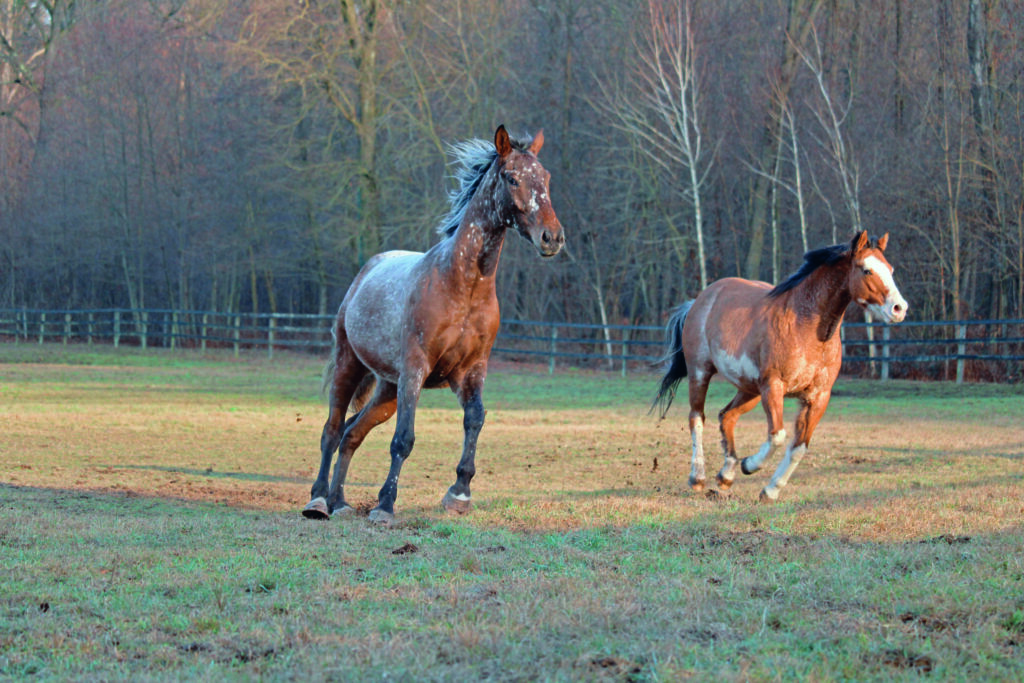It is now obvious to say that we are in the digital age. An era characterized by the evolution and invasiveness of technologies which have completely revolutionized the way in which information is created, treated, shared and stored.
The advent of digital platforms and social media has therefore in fact revolutionized the way in which news is produced, distributed and ‘consumed’.
The advent of digital platforms and social media has therefore in fact revolutionized the way in which news is produced, distributed and ‘consumed’.
If it is now established that Equestrian Sports are undergoing a strong evolution in the direction of the protection and well-being of the horse, in the attention to the ‘social license’, (we see it in particular today in the discipline of dressage) – a necessary evolution and well-received by society as well as by the entire equestrian sector – at the same time the evolution of journalism in the digital age is evident:
Journalism is undergoing one of the most significant transformations in the history of the media and obviously involves the profession of journalist in the Equestrian Sports sector.
Journalism is undergoing one of the most significant transformations in the history of the media and obviously involves the profession of journalist in the Equestrian Sports sector.
Social media activities, which have long been an integral part of journalistic work, have become an integral part of daily life and a key player in sporting events.
If until a few years ago an important equestrian event was an opportunity for editors and journalists from the main equestrian publications to meet, today the press rooms are mostly occupied by representatives of digital media and so-called ‘content creators’.
If until a few years ago an important equestrian event was an opportunity for editors and journalists from the main equestrian publications to meet, today the press rooms are mostly occupied by representatives of digital media and so-called ‘content creators’.
A multitude of social media teams also impose innovative technical changes on press offices; for example, on the bandwidth required when uploading videos to Instagram and other platforms, our colleagues, whether photographers or journalists, sometimes encounter technical limits. Technical limits that more traditional press offices are not always able to address but, at least the most important ones, are equipping themselves to do so. Therefore, the dynamics of production, distribution and consumption of news are undergoing profound changes not only for journalists but also pushing organizing committees to reconsider their technological resources.
A multitude of social media teams also impose innovative technical changes on press offices; for example, on the bandwidth required when uploading videos to Instagram and other platforms, our colleagues, whether photographers or journalists, sometimes encounter technical limits. Technical limits that more traditional press offices are not always able to address but, at least the most important ones, are equipping themselves to do so. Therefore, the dynamics of production, distribution and consumption of news are undergoing profound changes not only for journalists but also pushing organizing committees to reconsider their technological resources. However, it is necessary to underline the importance of quality sports journalism. In this epochal change, it is in fact extremely important that a clear distinction is made between the more purely commercial activities of social media and the activity of the sports journalist who deals with providing information with articles written for newspapers, interviews, in-depth articles, reports, commentaries and radio or television programs.
In our case, the journalist must have a thorough knowledge of Equestrian Sports and the different disciplines, as well as communication and journalistic skills. In other words, the team of a rider or a brand, while being fully legitimized in their work, should not be confused with a media representative who does their job using the appropriate channels.
Without forgetting that the journalist as an information professional is required to respect the rules of ethics.
This is a hot topic…

